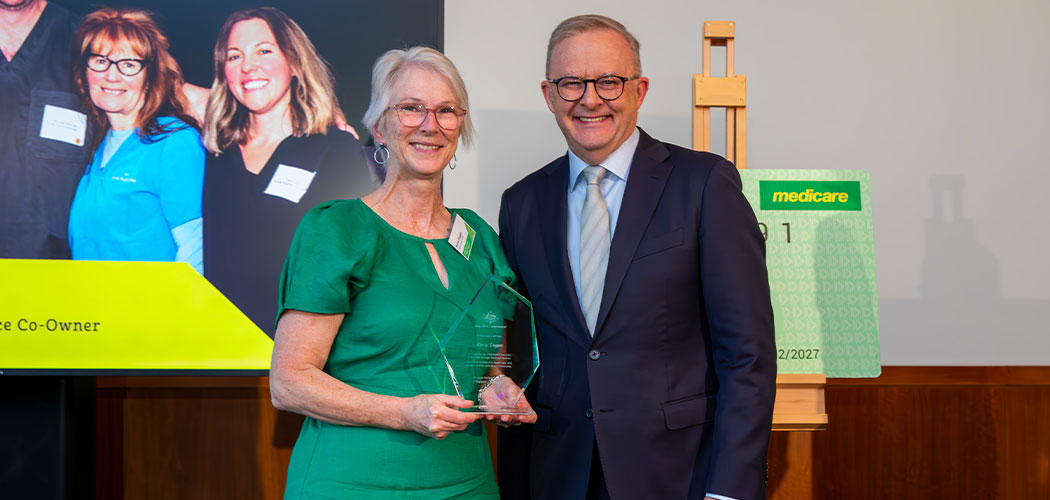Tasmanian nurse practitioner and general practice co-owner and manager Kerrie Duggan was one of 20 healthcare professionals awarded a 2024 Medicare Champion last November. She shares her journey with the ANMJ on the anniversary of Medicare.
Marking Medicare’s 40th anniversary in 2024, the Australian government launched the Stronger Medicare Awards to recognise outstanding clinicians, multidisciplinary teams and healthcare practices providing accessible and high-quality healthcare.
Kerrie Duggan was honoured at Parliament House in Canberra last November in a special ceremony, recognised for her outstanding achievements and commitment to innovation in primary care.
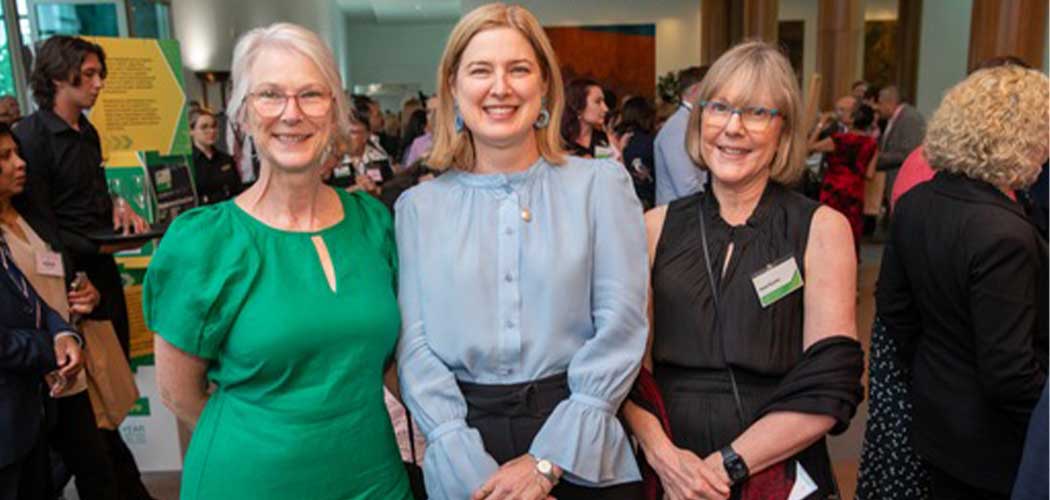
The nurse practitioner journey
When Kerrie first heard about the nurse practitioner role, she liked the idea of being more autonomous.
“I saw the nurse practitioner role as being a fantastic opportunity to practise at that high level and be able to complete episodes of healthcare without needing to refer for things within my scope of practice, my knowledge, skills and education.”
With qualifications including postgraduate certificates in intensive care, midwifery, and general practice, and completing a nurse immuniser course, she was already working at a high level. With the full support of the practice where she worked, Kerrie completed her NP training, qualified and was endorsed on 1 April 2011.
A co-owner and practice manager
Kerrie has co-owned the Cygnet Family Practice in Tasmania’s Huon Valley with the philanthropic investors for 10 years now. “We’ve have a purpose-renovated family home as our general practice building with more than 2,000 patients with five GPs and a team of over 20.
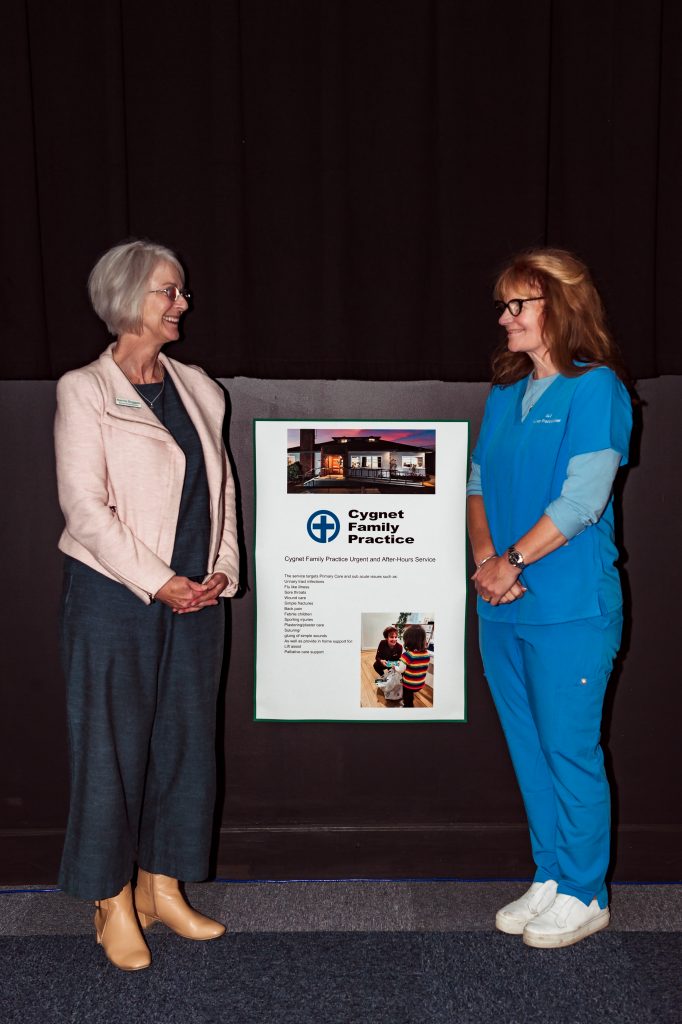
With state government funding, Kerrie and her colleague, dually qualified nurse practitioner and paramedic, Alison Spicer (pictured right), developed a nurse practitioner-led, community paramedic supported Urgent and After-Hours model of care. The three-day a week service runs alongside the general practice and provides access to healthcare on the day people need it.
“This means that people who get sick on the day can be treated by health professionals that are safe, qualified, and effective,” says Kerrie.
Practice data shows that 99% of people who access the Urgent and After-Hours service can be cared for by nurse practitioners and paramedics. The clinic has provided an additional 1,700 appointments in12 months.
“The data shows that we’ve saved the state government over $520,000 in the last six months for an annual cost of $250,000.”
Kerrie is hoping to secure funding to increase the service from three to six days a week.
In the last eight months the practice has had to close its books to new patients. “Every day we’re sending away between five and 25 patients to the urgent care services in Hobart. But some people have challenges with transport to Hobart. We have people coming into our urgent care service that refuse point blank to go to the hospital.”
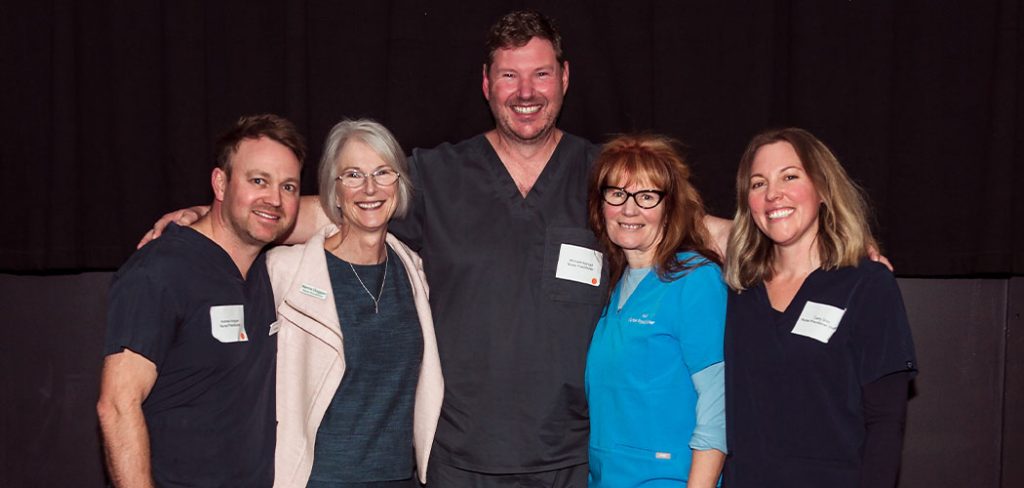
Medicare Champion / Healthcare advocate
Being awarded a 2024 Medicare champion, gives Kerrie a platform to advocate for healthcare reform. She’s calling on both federal, and state governments to take on board the recommendations from the recent Scope of Practice review.
“We need the government to be bold in healthcare reform because the current Medicare system is outdated and doesn’t service our communities or our health professionals well in 2025.
“We have doctors doing nursing work in general practice. You don’t have doctors doing wound care in hospitals, it’s a nursing role.”
Likewise, chronic disease management can also be co-managed by practice nurses and nurse practitioners, she says. “We need to change the Medicare funding model so that GPs don’t see 15 complex and chronic people a day. Complex and chronic care is exhausting, and GPs are not getting well remunerated for that time.”
Changing Medicare from a ‘fee for service’ model to block or blended funding will enable all health professionals to work to their full scope of practice. This funding model is proposed by Independent Reviewer Professor Mark Cormack’s Unleashing the potential of our Health Workforce, Scope of Practice review.
Advice for other NPs
Kerrie urges nurse practitioners who have faced numerous barriers to practice over the years, to not be disheartened. “These last two years there’s been more doors opening than I’ve ever seen in the last 13 years as a nurse practitioner.
“Getting the grant for the Urgent After-Hours service was invigorating because it supports the autonomous and collaborative roles of the nurse practitioner and community paramedic. I can set it up to run alongside our general practice business model.”
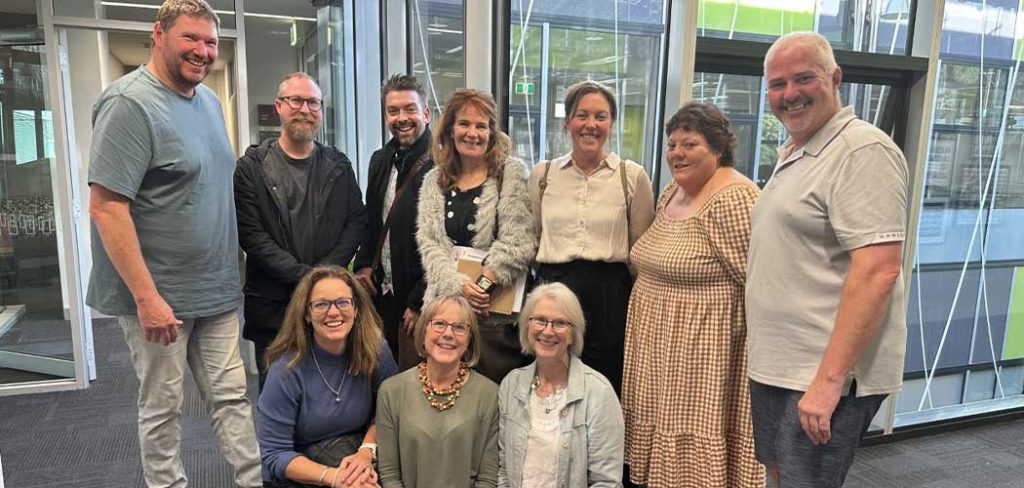
Kerrie and colleague Ali Spicer have now set up a new company called NP Assist, using their model of care to provide access to health care in other rural and remote areas in Australia.
“We’re looking at replicating this model in rural areas where there are gaps in health care. If there is no or limited access to urgent and after-hours healthcare then we could be able to help your community.”


